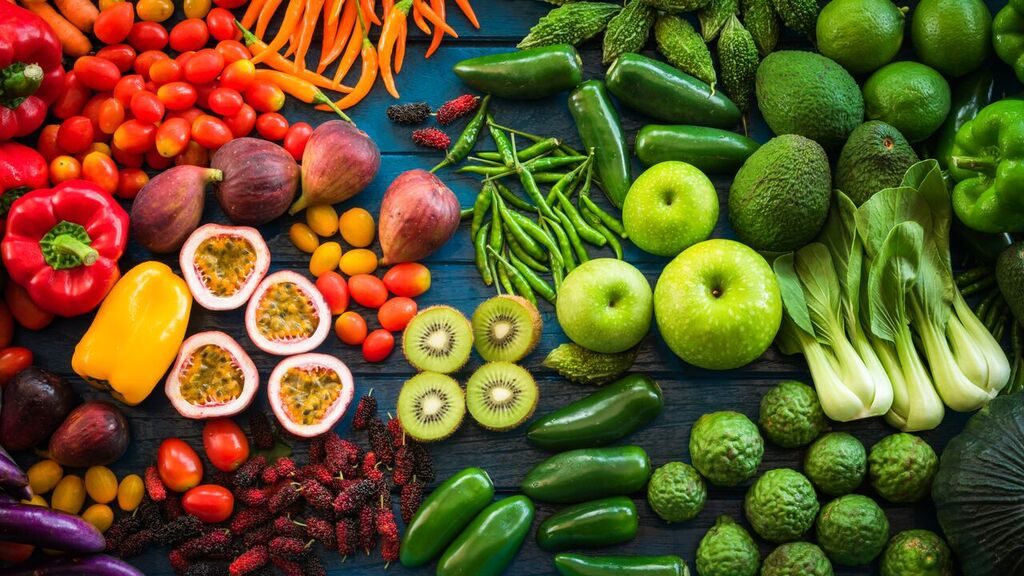Hippocrates, who is known to be the original father of modern medicine, has said a lot about food and nutrition. Two of his most famous quote are the following:
• Let food be your medicine and medicine be your food.
• If we could give everyone the correct amount of nutritional nourishment and adequate exercise, not too minimal and not in excess, we would have the safest way to health.
Two things that we can learn from this very learned man are that:
• If you adopt the right nutrition principles, you can very easily set yourself on the path towards good health.
• In addition, you need the right balance of exercise and good nutrition – that works for you – in order to keep fit and healthy.
The key take-home here is that, in terms of nutrition, there are a certain number of best practices that can be followed. However, this doesn’t mean that they are the best practices for EVERYONE to follow to the letter. So what are these ‘best nutritional practices’ and how can you adapt them to your particular bodily needs?
The six main food groups
Our food can be broken down into six major food groups. These are:
• Grains
• Fruits
• Vegetables
• Meats
• Dairy products
• Fats and oils
The American Heart Association recommends the following portion servings, of each of these food groups, on a daily basis:
• Grains: 6 – 8
• Fruits: 4 – 5
• Vegetables: 4 – 5
• Meant: less than 6 ounces a day
• Dairy products: 2 – 3
• Fats and oils: 2 – 3
But what if some people can’t – or choose not to – eat a certain type of food that provides essential nutrients that are vital for a person’s growth and development? One of the most common of these circumstances is when people decide to become vegetarian or vegan. This means that they don’t eat meat, fish and/or dairy products. As these are the most plentiful sources of iron and protein that you can get from your diet, if people decide not to eat these foods they will need to be getting these nutrients from other sources.
There are several of categories of vegetarians. These are:
• Flexitarians sometimes eat a little fish or meat but – as a rule – they avoid eating animal products.
• Pesci-vegetarians eat fish, eggs and dairy in addition to vegetables.
• Lacto-ovo vegetarians only eat eggs and dairy products. (If they are only lacto vegetarians, the only eat dairy products and ovo-vegetarians only eat eggs)
• Vegans don’t eat animal products or animal-derived products.
A plant-based diet can be extremely healthy and even lower the risks of certain diseases. However, vegetarians and vegans need to be careful to eat foods – other than animal products – that will give them enough:
• Protein
• Iron
• Calcium
• Vitamin D
• Vitamin B12
• Omega 3 fatty acids.
Below are some examples of nutritious foods that can be substituted for animal-based products so that vegans and vegetarians can get the minerals and nutrients that they need.
Protein
The following foods are good substitutes for meat in terms of a protein source:
• Nuts
• Nut butter
• Soy foods
• Legumes
• Dairy products
• Eggs
Iron
Iron can be found in the following plant-based foods:
• Beans
• Seeds
• Soybeans
• Tofu
• Fortified breakfast cereals
• Dark green leafy vegetables
Calcium
Vegetarians and vegans should opt for the following foods to get their recommended doses of calcium:
• Dairy products
• Milk
• Cheese
• Broccoli
• Butternut squash
• Black and white beans
• Soybeans
• Tofu
Vitamin D
Vitamin D can be found in:
• Fortified dairy or soymilk products
• Fortified orange juice
• Egg yolks
Vitamin B12
This vitamin can be found in cow’s milk and eggs.
Omega 3 fatty acids
Vegetarians and vegans can get their dose of omega 3 fatty acids from:
• Walnuts
• Flaxseeds
• Chia seeds
• Canola oil
• Soybeans
• Tofu
So, to answer the question that we asked in the beginning of the article – about what nutrition is good for you – it depends on what you can or want to eat. Every single diet can be adapted in order for you to get the nutrition that you need.


 4 Stellar Options To Improve Your Standard of Living as You Get Older
4 Stellar Options To Improve Your Standard of Living as You Get Older